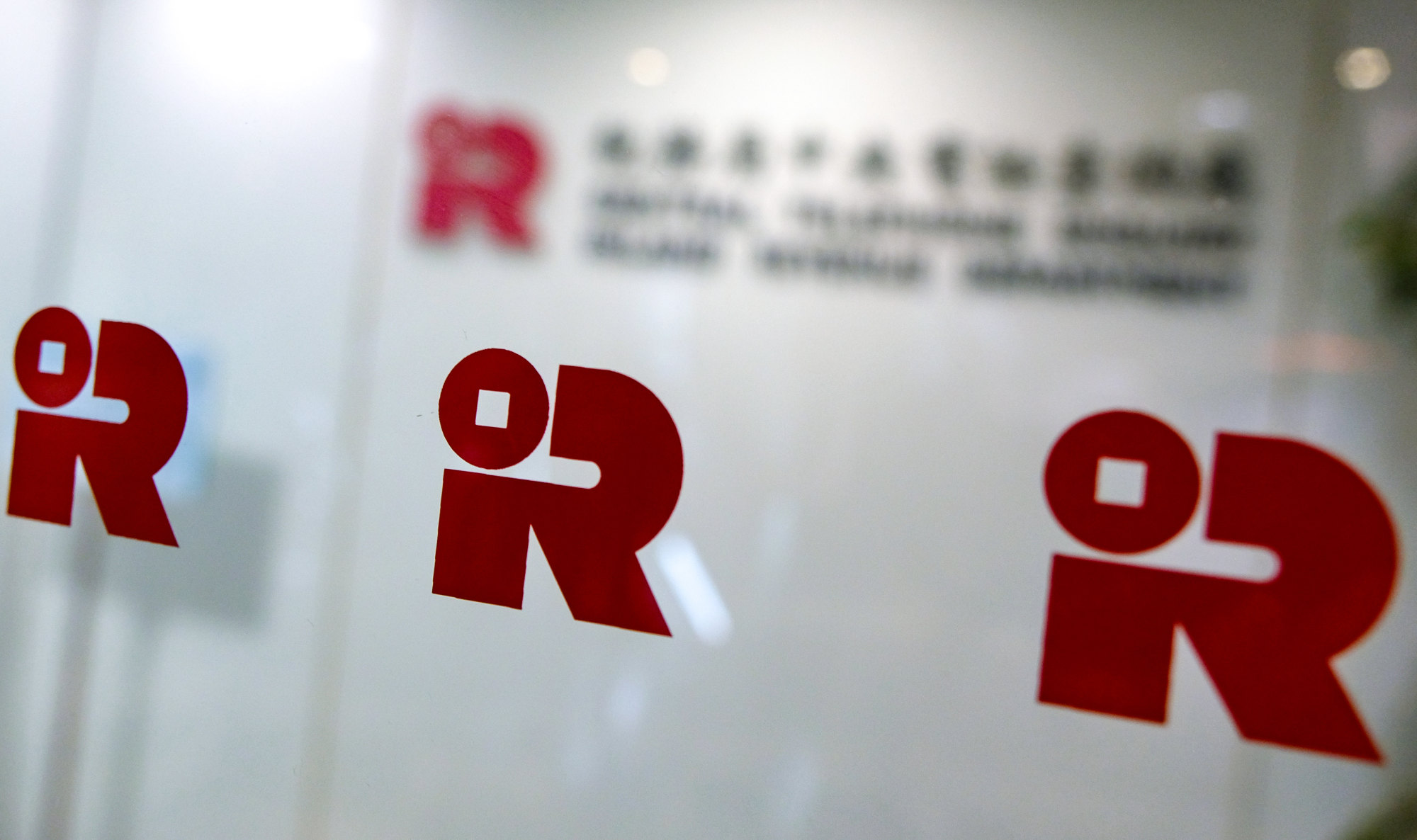Hong Kong and mainland China’s slew of tax incentives to promote cross-border listings and trading will benefit both their capital markets, enhance cross-border trading schemes and further the internationalisation of the yuan, according to tax experts.
Hong Kong companies can apply tax deductions on interest payments for bonds issued and listed on the Shanghai and Shenzhen stock exchanges from April 18, according to the Inland Revenue Department (IRD), the Hong Kong government department responsible for collecting taxes and duties.
Mainland authorities too are reviewing the waiver of the 20 per cent dividend tax paid by mainland Chinese investors on trading stocks of Hong Kong-listed mainland companies, according to a Bloomberg report citing unnamed sources. Hong Kong Exchanges and Clearing, the bourse operator, and the Securities and Futures Commission, the market regulator, declined to comment.
“Overall, these tax incentives are a win-win for both the Hong Kong and mainland capital markets’ development,” said Danny Kwan, a member of the Greater China taxation committee at accounting body CPA Australia.

Such incentives will boost cross-border trading, while mainland investors will benefit from the launch of new equity products and boost the yuan’s growing global reach, he added.
Kwan said the IRD already allows tax deductions for Hong Kong companies’ interest payments on bonds issued in international markets such as the US and the UK.
After the IRD’s inclusion of the Shanghai and Shenzhen stock exchanges on its list of recognised bourses, Hong Kong companies that list their bonds on these two markets can apply for a tax deduction on their interest payments in Hong Kong.
“This will encourage more Hong Kong companies to issue bonds on the mainland’s bourses,” Kwan said, adding it will lower the funding costs for companies as the interest rate on the mainland is lower than in Hong Kong and the US.
China’s loan prime rate currently stands at 3.45 per cent, while in Hong Kong it is 5.875 per cent and in the US 8.5 per cent.
This opens up another fundraising avenue for Hong Kong companies via bonds on the mainland, according to Wilson Chan Fung-cheung, the associate director of City University of Hong Kong’s master of business administration programme, pointing to the Chinese bond market’s deep liquidity and lower interest rates.
“The newly introduced tax incentives will definitely encourage more Hong Kong firms to issue bonds on the mainland, Chan said. “This is will encourage more cross-border fundraising and trading.”
The China Securities Regulatory Commission (CSRC), the country’s securities watchdog, last month unveiled five measures to support Hong Kong’s capital market and enhance cross border trading.
These comprise facilitating listings in Hong Kong by the mainland’s industry-leading companies, expanding the Stock Connect cross-border investment scheme by allowing more exchange-traded funds, adding Reits (real estate investment trusts) and trading yuan-denominated shares in Hong Kong.
The measures have helped the benchmark Hang Seng Index gain more than 16 per cent since then. At one point, it rose 20 per cent from a January low, a gain defined as a bull market.
International investors who purchase mainland-listed A shares via the connect scheme have to continue paying the 10 per cent dividend tax because no review on the waiver has been proposed.
Kwan said tax experts have always urged mainland authorities to waive the 20 per cent dividend tax levied on transactions via the Stock Connect scheme.
Once China confirms the waiver, it will create a level-playing field for mainland investors alongside Hong Kong investors, who are exempt from dividend tax on trading stocks listed in the city, Kwan said.
“If the [dividend tax] waiver is implemented, it will be a big boost to the Hong Kong stock market and will save investment costs for mainland investors.”

